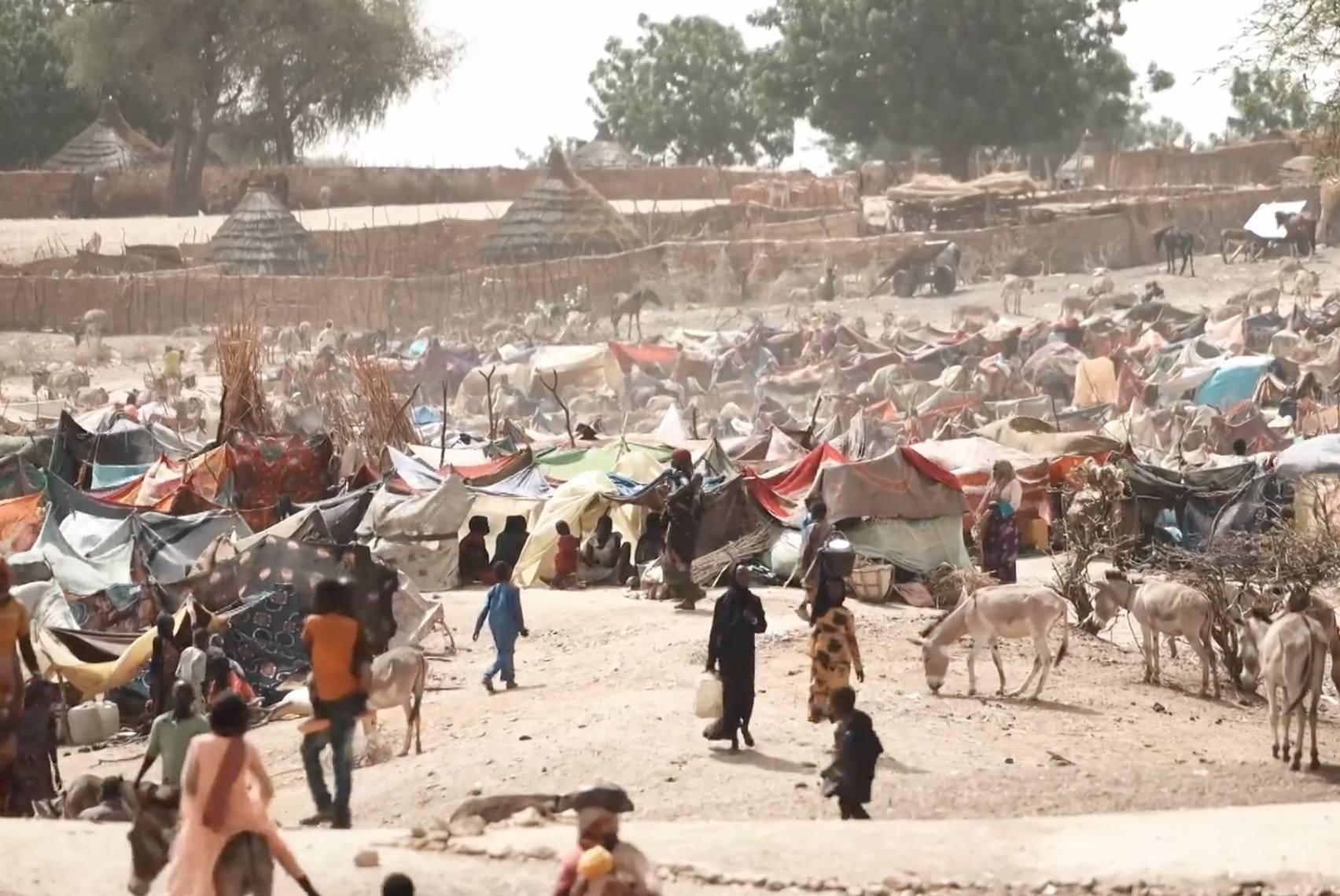World
Sudan Hits Boiling Point: Bloodshed, Famine & Political Meddling Cause Mass Refugee Crisis
By Belal Awad · July 14, 2023

As Sudan grapples with escalating conflict, the nation’s future hangs in the balance. Capital city Khartoum and regions like Darfur are witnessing a devastating humanitarian crisis, with food shortages, lack of medical supplies, and mass displacement of people becoming increasingly common.
The ongoing power struggle between the Sudanese Armed Forces (SAF) and the Rapid Support Forces (RSF) has led to a significant escalation of violence since early July 2023. The conflict has resulted in a ravaged infrastructure and horrific crimes against humanity.
724,000 people have been forced to migrate from their homes in Sudan to surrounding countries like Chad, where an estimated 239,000 refugees have gathered, 20,000 in just the past week. The UN reports estimates the crisis has resuted in 115,000 refugees in South Sudan, 210,000 in Egypt, more than 45,600 people in Ethiopia and roughly 15,000 in the Central African Republic - and more than 2.4 million people internally displaced in Sudan.
In a recent interview with Amy Goodman on Democracy Now, Marine Alneel, a prominent Sudanese activist, expressed grave concerns about the specter of famine in Sudan due to the ongoing war. Alneel stated, “It is becoming more and more likely that we will see a famine in Sudan due to this war. There is some medical and food aid coming from international organizations, but it is far from sufficient.”
Khalid Mustafa Medani, an associate professor of political science and Islamic studies at McGill University who joined the interview, told Goodman, stated, “The struggle now here is to take over physically the territory of the capital city, but also, of course, to secure supply routes in order to continue this conflict.”
The conflict has expanded into the southern states of South Kordofan and Blue Nile, where insurgent leader Abdel Aziz Al-hilu has reportedly attacked Sudan armed forces. This expansion of the war, coupled with the devastation in the capital city and the fight over supply routes, has led to a drastic escalation of the situation. Alneel lamented, “It has been 110 long days for the people in Sudan. More and more people have fled the cities with ongoing conflict, including the capital, Khartoum.”
Medani also highlighted the role of external actors in the conflict. Countries including Kenya, Egypt, Saudi Arabia, and the United Arab Emirates have different interests in Sudan and supported different factions in the conflict. These external influences have complicated the resolution of the conflict. According to Medani, “Here we have these competitive initiatives that are undermining any kind of positive outcome with respect to resolving this conflict…We have these competing initiatives that are undermining a multilateral solution to a conflict that does not…only affect Sudan…It really is destabilizing the entire region, including the Middle East.”
The current crisis in Sudan is not just a local conflict with local roots. It is directly related to historical external interventions, both economic and geo-strategic. As Medani notes, “The transition from the Communist Party to an Islamist government that took over power in 1989 reflects not only Sudanese history, but the history of the region in general…By the early 1970s, the very sheer strength of the Communist Party led to the president or the dictator at the time, Jaafar Nimeiry to purge the Communist Party from his ranks, from the military, and of course also from his one party system…under the pressure of the United States and Saudi Arabia.”
Light Wave commentary
The devastating crisis in Sudan should be understood within the context of historical external interventions and their long-term consequences. The current conflict, marked by bloodshed, famine, and mass migration, is a result of previous economic and geo-strategic meddling by foreign powers. The struggle for power in Sudan is not solely a local issue, but rather a reflection of regional dynamics and the impact of external actors. Resolving this crisis requires addressing the historical factors that have shaped Sudan’s recent history and acknowledging the role of international interference in destabilizing the entire region.